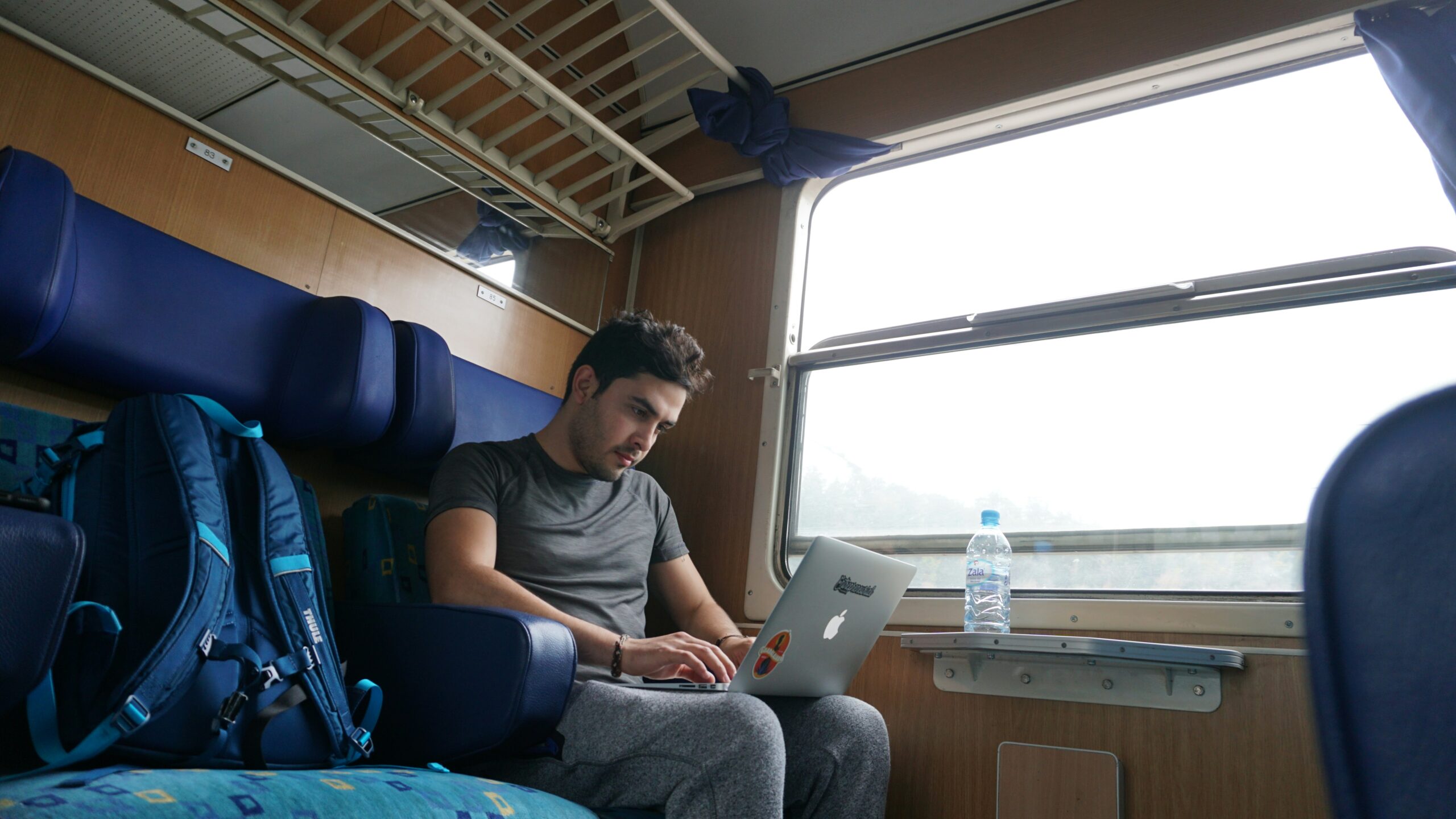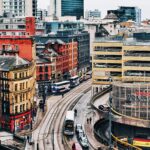Travel no longer has to be limited to holidays or short breaks. Many travellers now work remotely while exploring new parts of the world. Life on the road for a digital nomad combines long hours at a laptop with spontaneous adventures through unfamiliar cities and landscapes. Finding a rhythm that allows for both productivity and leisure has become an essential skill for those who choose this path.
Setting up work from anywhere
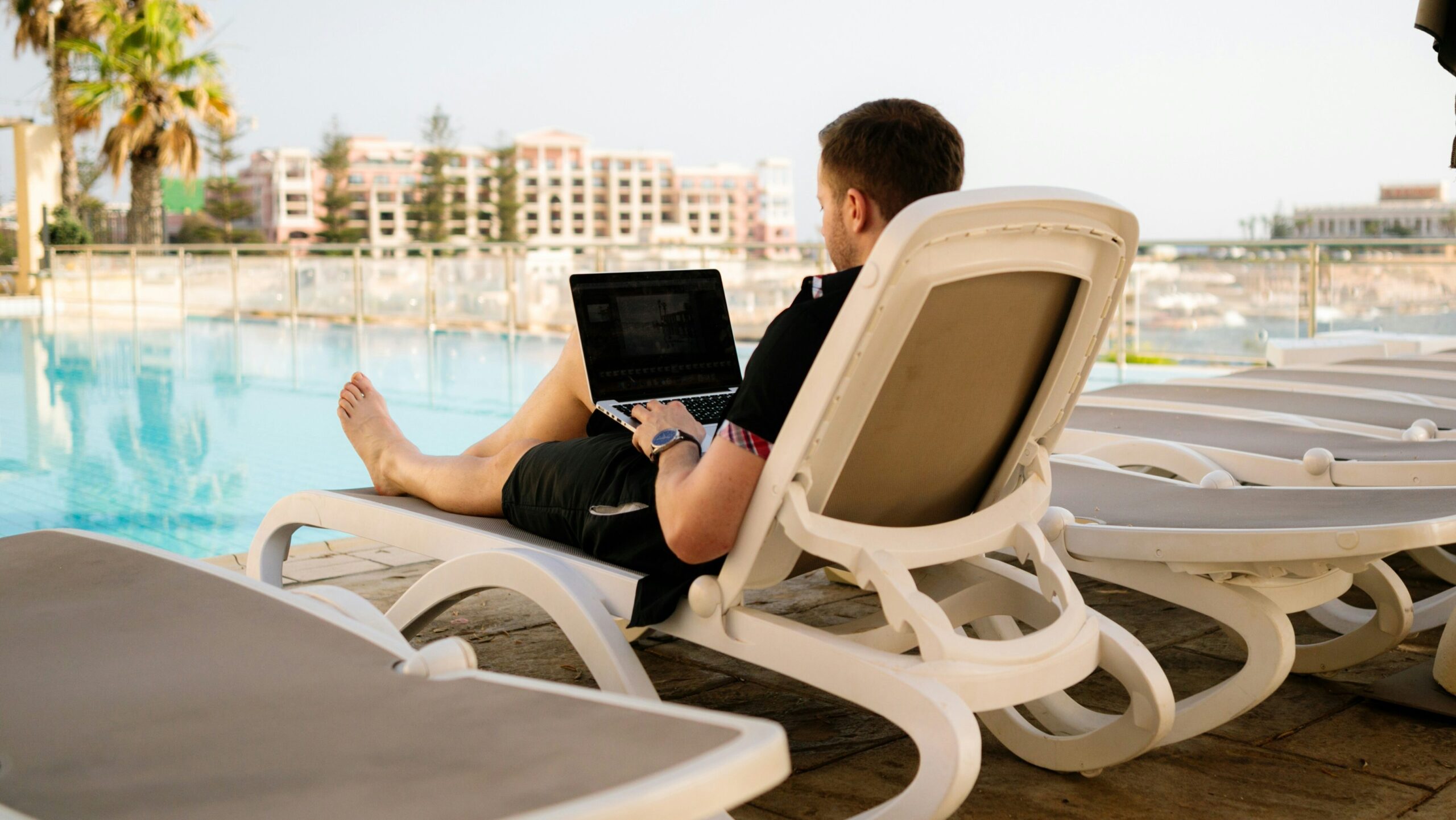
Remote work requires more than just a laptop and Wi-Fi. Choosing accommodation that supports reliable internet and a comfortable workspace is key. Some travellers prefer small apartments in quiet neighbourhoods, while others opt for co-living spaces designed with freelancers in mind. Daily routines are easier to maintain when the environment feels familiar, even in a new country.
Evenings and downtime are equally important. While exploring local restaurants, attending cultural events, or wandering historic streets, many nomads also enjoy quiet moments online. Some spend this time on digital platforms like Netflix or online gaming such as non GamStop casinos, which offer flexible options for entertainment such as live games and quick rounds that fit around unpredictable schedules. These moments of leisure can provide a mental break from work and give focus for the following day.
Keeping productive without routine

Travel often disrupts normal schedules, so planning work sessions around the day’s activities helps maintain efficiency. Some nomads set up early morning blocks for tasks that require concentration, leaving afternoons free for sightseeing or short trips. Others prefer the opposite, using mornings for exploration and evenings for writing, meetings, or other work commitments.
Technology plays an important role in managing time. Cloud-based documents, task management apps, and video calls allow work to continue without being tied to a desk. Staying productive also means recognising limits. Overcommitting can turn the freedom of travel into a source of stress. Spacing out responsibilities and taking short breaks in local cafés or parks helps keep energy levels balanced.
Connecting with local culture

Experiencing local culture while working abroad is part of the appeal for many nomads. Visiting markets, historic sites, small neighbourhood spots, and lesser-known corners allows a deeper understanding of the city beyond usual tourist routes. It’s easier to connect with locals when time is spent in shared spaces like cafés, community hubs, or informal gatherings where everyday life unfolds.
Participating in local events, workshops, or volunteering projects also provides meaningful engagement without interrupting work schedules. These moments enrich the travel experience and often inspire creativity. Journaling, photography, sketching, or writing short reflections on daily encounters can integrate cultural experiences into professional or personal projects.
Finding balance in unfamiliar surroundings
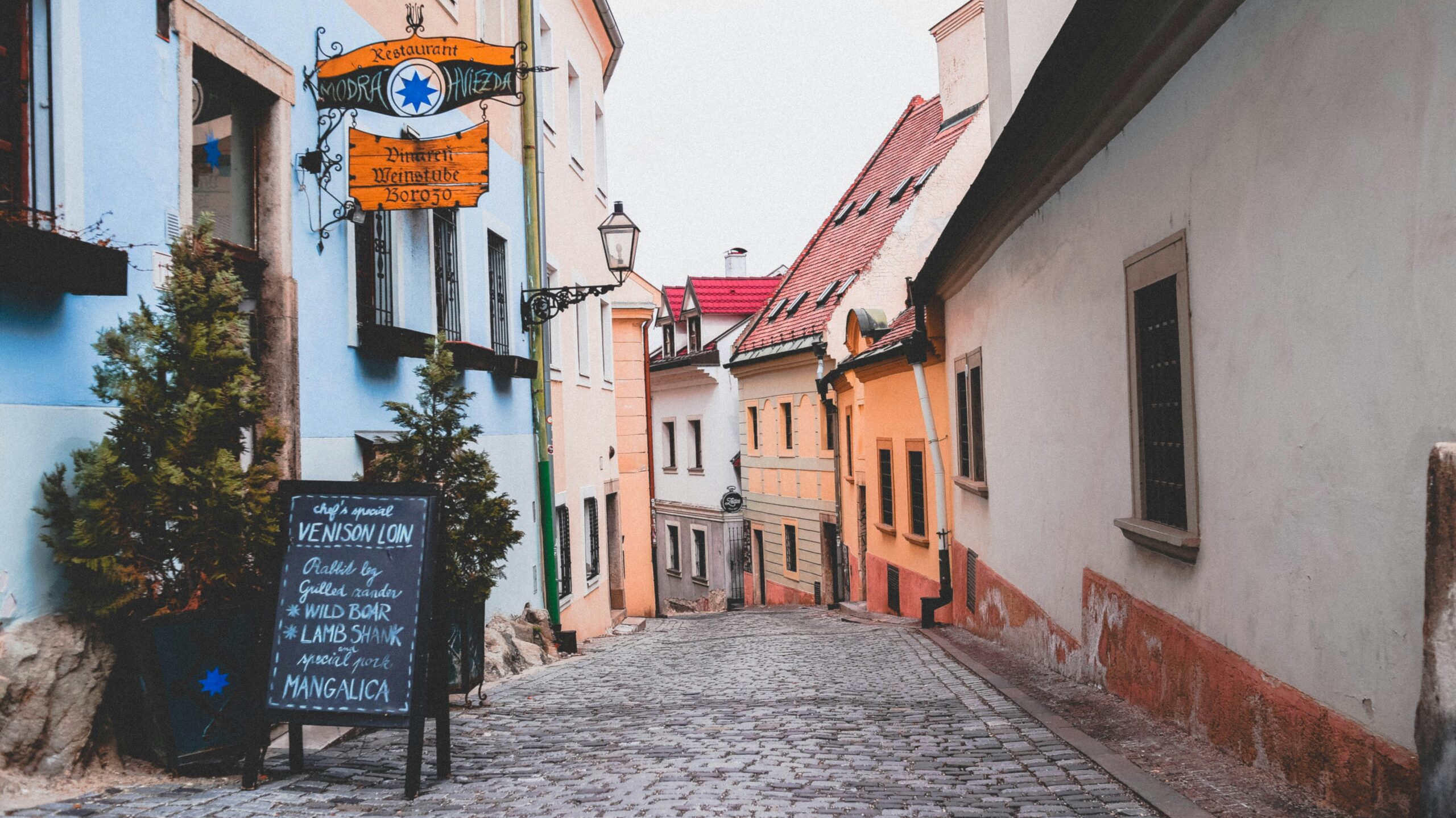
Staying in one location for extended periods can help establish a sense of balance while travelling. Settling into a rhythm with work, meals, exercise, and leisure prevents burnout and allows for deeper exploration of each city. Even brief stays can be managed effectively with thoughtful planning, flexibility, and a willingness to adjust when unexpected events occur, ensuring both productivity and enjoyment.
Physical activity contributes to mental clarity. Walking or cycling through the city, hiking nearby trails, or taking part in yoga classes can break up long work sessions and provide moments to connect with surroundings. Evening walks along historic streets, waterfronts, or hidden alleyways often become favourite routines for nomads. These simple habits provide structure while maintaining the freedom that makes life on the road so appealing.
Locating quiet corners for reflection
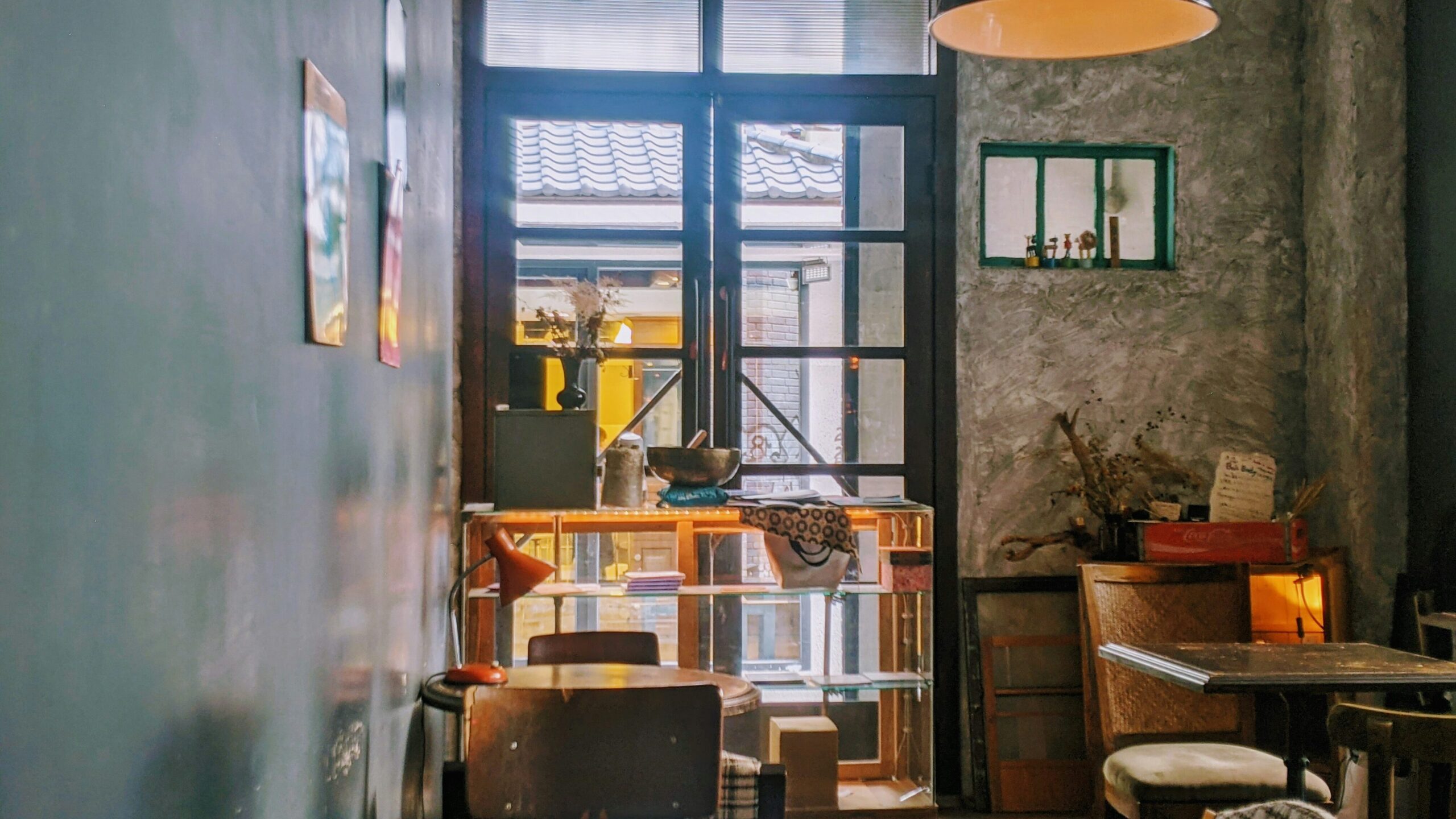
Long days filled with work tasks and sightseeing can sometimes feel overwhelming. Taking time to step away from busy streets and crowded attractions allows for mental clarity and personal reflection. Small parks, quiet cafés, or tucked-away squares often become favourite spots for nomads to pause, jot notes, or simply observe local life. These moments of stillness provide balance and can lead to new ideas for projects or travel plans.
Reflection also helps travellers set priorities for the following days. Reviewing accomplishments, planning routes for exploration, or noting hidden gems discovered during previous excursions creates a sense of progress. Even short periods spent in peaceful surroundings can enhance wellbeing and make the experience of life on the road more fulfilling.
Embracing rhythm of work and leisure
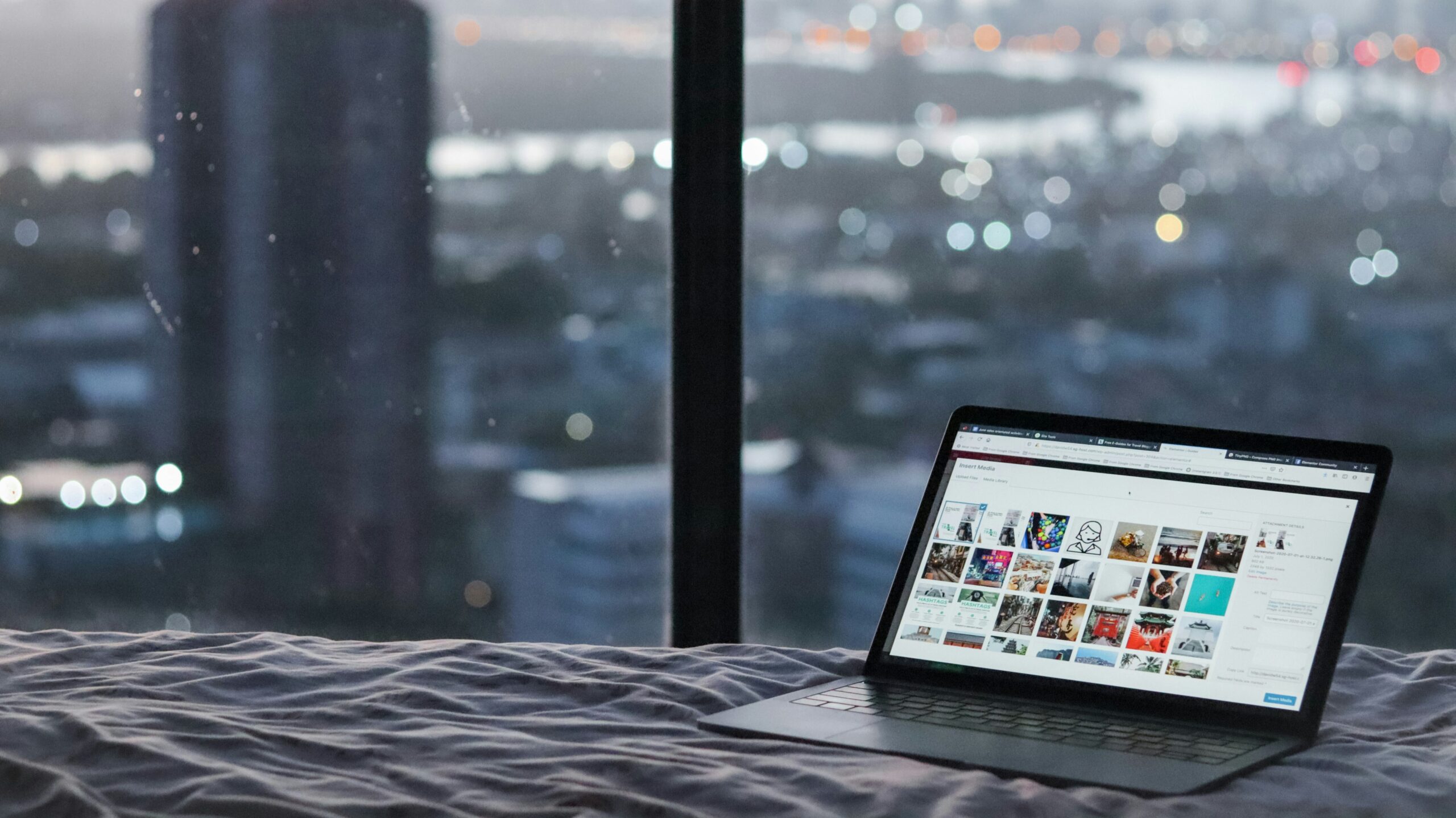
Balancing work and travel on the road requires flexibility, awareness, and willingness to adapt to changing surroundings. Success comes from recognising personal limits and structuring days to allow both productivity and enjoyment. Exploring local streets, sampling cuisine, or pausing in quiet corners can refresh the mind and inspire creativity.
Setting aside time for focused work ensures responsibilities are met without compromising the freedom travel provides. Maintaining this balance fosters purpose and satisfaction, making life on the road rewarding. Travellers who embrace the rhythm of work and leisure often find each new city offers chances not just to see, but to live fully in the present.

